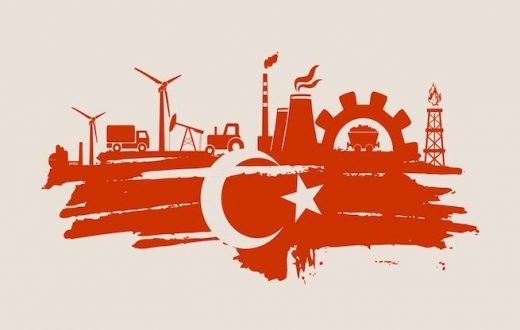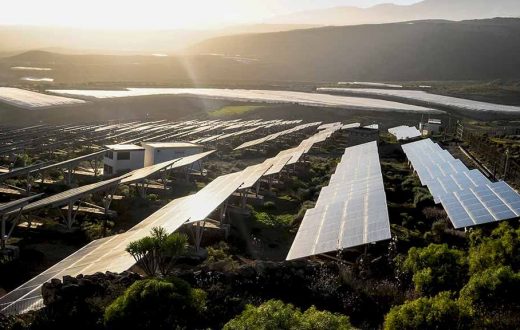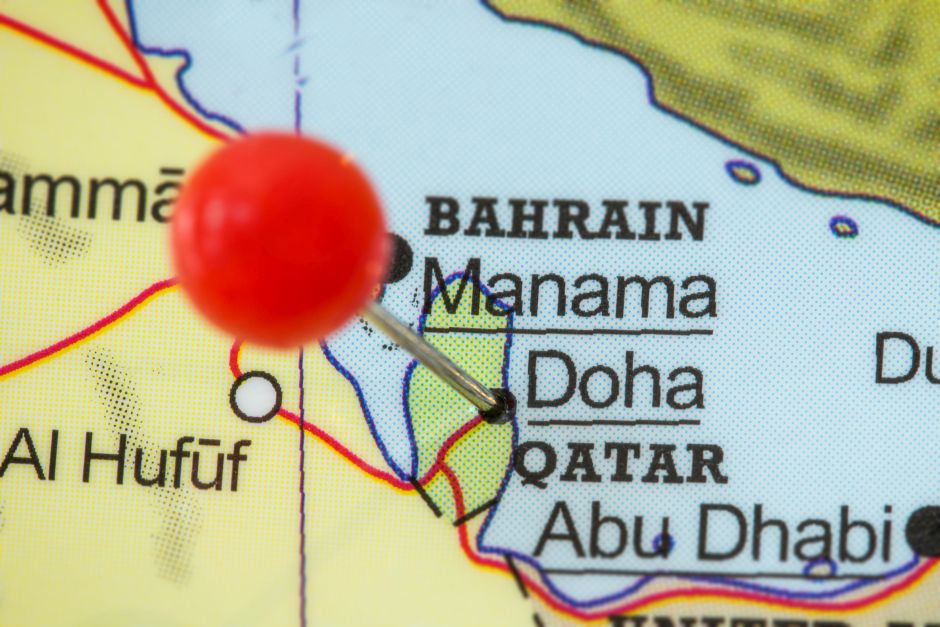Summary
As with many energy-exporting countries in the former Soviet Union, low global oil prices have hurt Azerbaijan, causing its economy to slow and its currency to tumble. And as oil prices continue to fall, protests are beginning to intensify. Led by long-serving President Ilham Aliyev, the government has a firm grip on power, but Azerbaijan will not be immune to instability if declining oil prices and the economic pain they bring continue. Protests across the country have been contained so far but will bear close watching if they grow and spread in the coming weeks.
Analysis
Like the economies of Russia and Kazakhstan, Azerbaijan’s economy depends on the energy industry. The hydrocarbons sector alone accounts for roughly 40 percent of Azerbaijan’s gross domestic product and more than 90 percent of its exports. It comes as no surprise, then, that the dramatic decline of global oil prices has contributed to the country’s economic slowdown. In 2015, Azerbaijan’s GDP grew by only 1 percent, down from 2.8 percent in 2014 and 5.8 percent in 2013.
Azerbaijan has also had tremendous trouble with its currency, the manat, over the past year. In February 2015, the government devalued the manat by 33 percent. Ten months later, the currency plunged again at the end of December when the Central Bank of Azerbaijan shifted to a free float after spending more than half its currency reserves to prop up the manat. By the end of 2015, the manat had lost roughly half its value, simultaneously raising inflation, with the cost of some goods reportedly increasing by as much as 100 percent.

The Azerbaijani government has responded with several measures to address the weakening currency and broader economic slowdown. First, the central bank announced Jan. 6 that as of Jan. 14, any currency exchange offices operating outside of traditional banks would be shut down until March. Second, on Jan. 12, Azerbaijani Finance Minister Samir Sharifov announced that the government would amend its budget and reduce spending from 2016 to 2019, though he did not give specific figures on the size of the reduction. Any cuts can be expected to lead to layoffs in the public and energy sectors, the latter of which has already seen hundreds of jobs slashed over the past year by firms such as BP and Azerbaijan’s own state-owned oil company, SOCAR.
A New Kind of Unrest
It seems protesters have taken notice. The same day the government announced it would reduce spending, several demonstrations were held across Azerbaijan in the districts of Lankaran, Fuzuli and Siyazan over the price hikes and growing unemployment resulting from the devaluation of the manat. These protests, which numbered from a few dozen to several hundred people in each city, have continued throughout the week. Security personnel were deployed to many of the areas, in certain cases detaining some of the protesters. In Lankaran and Siyazan there were minor clashes between security personnel and demonstrators. Meanwhile, the capital, Baku, has remained relatively quiet but no doubt has a sizable security force placed throughout the city to pre-empt possible protests.

Though Azerbaijan has been subject to protests in the past, they have typically been concentrated in Baku or nearby areas, such as Nardaran and Sumgait, and have largely dealt with political issues, mainly the government’s treatment of opposition parties, journalists or religious groups. All have been, until now, manageable for the Azerbaijani government. Led by Aliyev since 2003 — and by his father, Heydar Aliyev, for a decade before that — the country has seen a much weaker protest environment and less effective opposition than other countries in the region, such as Georgia and Armenia. Baku has typically allowed protests to be held outside of central areas of the city while selectively cracking down on others to dilute their effectiveness in challenging the government.
However, recent protests have spread through multiple cities and are focused on economic issues, not politics, presenting a more serious problem for the government. In response, Baku has announced measures to help relieve the economic hardship afflicting its people. On Jan. 6, Azerbaijani Labor and Social Welfare Minister Salim Muslimov said he would present proposals to increase welfare payments to the most vulnerable segments of the population by the end of the month. A day earlier, the Foreign Ministry said it would cut costs and personnel at its foreign embassies, and authorities in some of the protest cities have said they would review the price hikes on certain essential goods. Whether these efforts will be enough to offset or contain the protests is unclear.
How the Government Can Respond
But what should be noted in the coming weeks is how the size, scope and intensity of the protests develop. So far roughly several hundred to a thousand people in five to 10 cities and districts across the country have participated in the demonstrations. If the protests grow and spread to other cities, it could lead to a level of social and political pressure that Azerbaijan has not experienced in decades. Baku, the political and demographic core of the country, will be particularly important to watch, as will attempts by opposition groups such as the Musavat party to capitalize on the protests in an effort to gain new supporters and ratchet up pressure on the government.
The government’s reaction to the unrest will also be crucial, especially if protests expand. Baku has used a mix of detentions and bargaining to tamp down the demonstrations so far. If security forces use more aggressive tactics or if major clashes take place, the protests could intensify. But if the government relents and reverses price hikes or makes political concessions, it could curb the demonstrations and prevent greater upheaval.
Finally, the reactions and involvement of foreign actors could play a part in the unfolding drama. Other countries have a strategic interest in Azerbaijan, namely Russia, Turkey and Iran as well as the United States and the European Union. Azerbaijan has become an important component of the standoff between Russia and the West because of its sizable energy resources and location on the Southern Corridor energy route. U.S.-Azerbaijani relations have already been soured by Baku’s allegations that Washington has worked with the opposition to criticize and undermine the government. Protests will only add to Baku’s notable sensitivity to any notion of foreign meddling. Azerbaijan may also have reason to stir up its long-standing conflict with Armenia over Nagorno-Karabakh. Stoking nationalism would deflect attention away from the state of the country’s economy and perhaps force Russia to re-evaluate its relations with Armenia. Regardless, it will be important to watch whether the government manages to contain the unrest or if it intensifies in the coming weeks.







